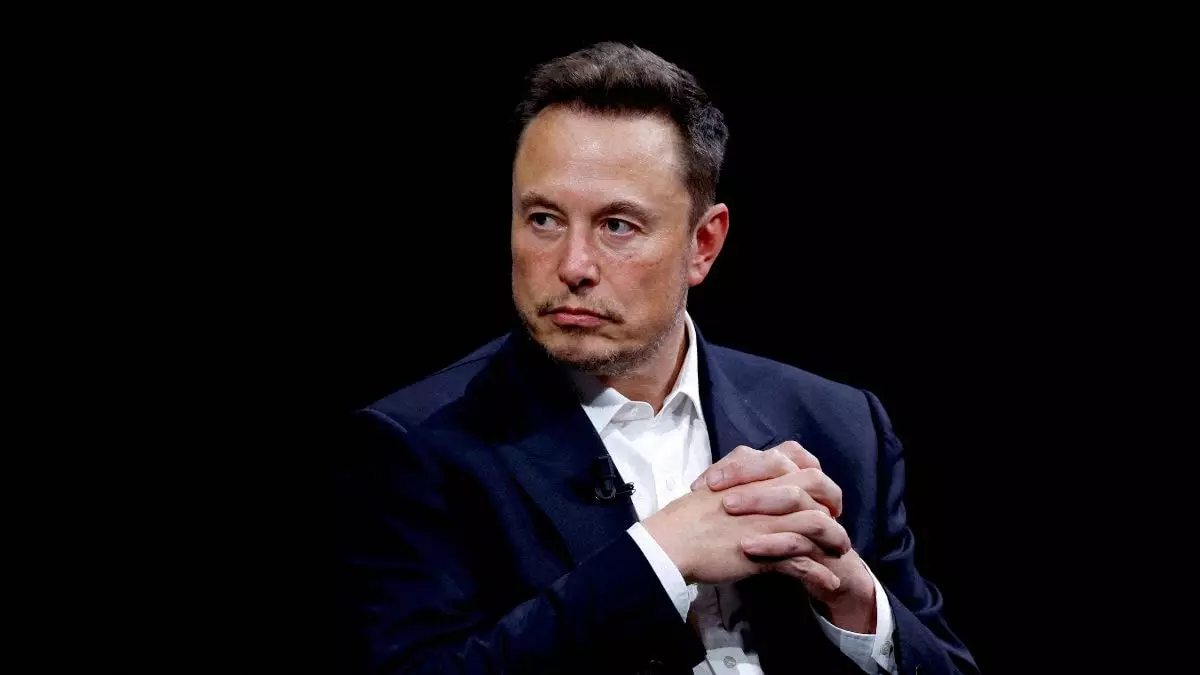Elon Musk, known for his groundbreaking ventures in technology and space exploration, has set his sights on the video game industry. Recently, he revealed his intent to establish an artificial intelligence game studio under his AI enterprise, xAI. This move represents a broader ambition to disrupt traditional gaming dynamics, particularly given Musk’s concerns about the control exerted by major corporations over game development. His frustration with the gaming landscape, largely dominated by wealthy entities, fuels an exciting narrative for gamers and developers alike. Musk’s vision reflects a desire to reclaim creativity in gaming, an industry that should ideally thrive on innovation and player experience rather than corporate oversight.
Musk’s remarks were prompted by a conversation with Billy Markus, a developer synonymous with the cryptocurrency Dogecoin, where Markus lamented the gaming industry’s ideological constraints. According to Markus, many gamers have grown weary of manipulative practices that often accompany large-scale productions. Their nostalgic attachment to independent gaming, characterized by originality and authenticity, has resonated with audiences for years. Musk’s assertion that “too many game studios are owned by massive corporations” strikes a chord with gamers who yearn for a return to more personalized and innovative game creation. His commitment to “make games great again” suggests a pivot back to those roots, away from what many see as homogenized offerings from corporate giants.
As AI technology continues to evolve, its implications for the gaming industry are becoming more apparent. Companies like Google DeepMind are leading the charge with AI models capable of generating unique gaming experiences. This innovation could potentially create a new era of gaming where AI not only assists in game development but also enhances player engagement. Musk’s announcement regarding the AI game studio indicates that xAI will not merely follow in the footsteps of existing technologies but aims to redefine the genre. The endeavor presents an intriguing intersection of creativity and technology, promising to leverage AI to produce games that prioritize player satisfaction and innovative storytelling.
To contextualize Musk’s ambitions, one must consider the current environment of acquisitions and corporate consolidations within the gaming sector. Reports such as Sony’s proposed acquisition of Kadokawa, notable for developing critically acclaimed titles like “Elden Ring,” and Microsoft’s recent takeover of Activision Blizzard, underline a trend where major firms increasingly dominate the market. By establishing an independent AI-driven game studio, Musk positions xAI to not only compete in this landscape but potentially disrupt it. The ambition to launch an autonomous AI app akin to ChatGPT underscores Musk’s strategy to expand xAI’s footprint, solidifying its role in both game development and broader AI applications.
Musk’s vision for an AI-centric game studio could herald a transformative moment in gaming, promising a blend of technological innovation and player-centric creations. As the project unfolds, the gaming community will keenly observe whether xAI can successfully navigate the challenges posed by existing power dynamics in the industry while simultaneously offering fresh, engaging experiences.

